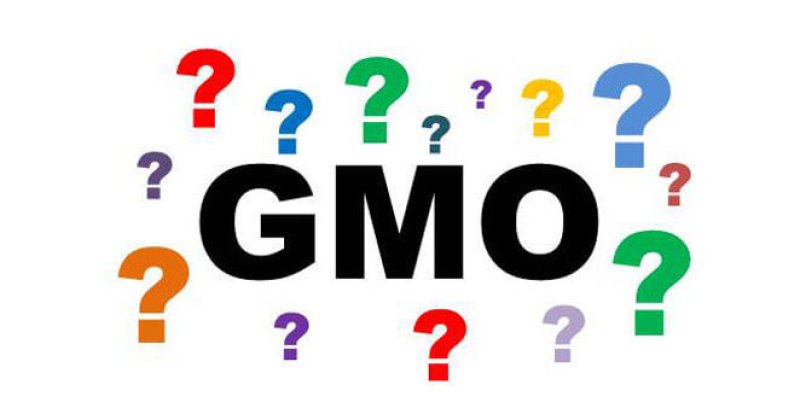Political and social controversies, as well as complications of plant breeding, intellectual property, and regulation, have compromised the promised impact of genetically engineered – typically transgenic – crops designated as “GMOs.”
…
For the time being, Sweden, Canada, and the United States have decided to not classify genome-edited plants as GMOs. The reasoning is the absence of transgenesis in genome-edited crops: no “foreign” DNA need be involved. In this sense, genome-edited crops are more like precisely site-specific mutagenised plants than transgenic plants in which incorporation of a transgene is uncertain.
…
Organic farmers can grow mutagenised crops, without labels or special regulatory approvals.
However, other genome-edited crops have undergone more substantial editing.
…
Variance among genome-edited plants thus adds a further layer of difficulty in defining exactly a “GMO”.
…
The term GMO – variously defined – is becoming ambiguous, more a normative and political construct than a biologically meaningful one. Genome editing as a whole thus challenges existing governmental regulatory structures designed to manage differences among organisms bred for new traits by different technologies. It is not a reach to predict the end of the GMO as a cornerstone of regulating agricultural technology and flashpoint of conflict restricting progress.
Read full, original post: The End of the GMO? Genome Editing, Gene Drives and New Frontiers of Plant Technology































